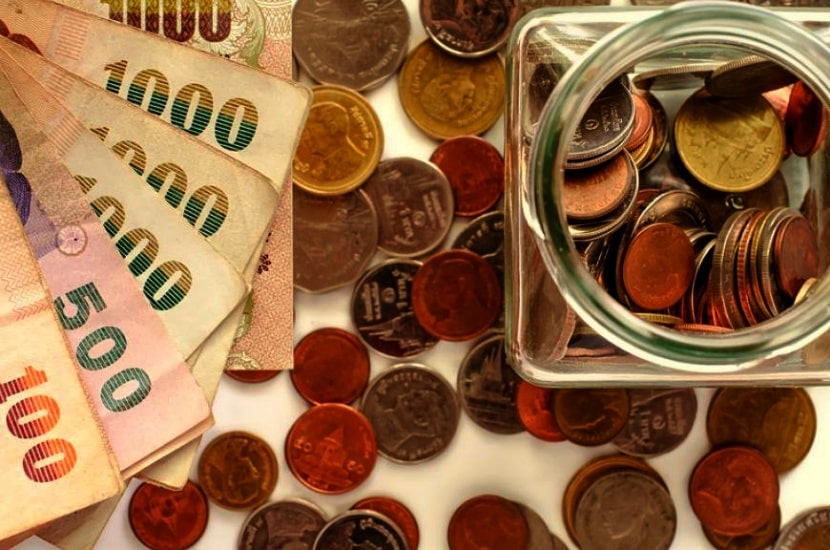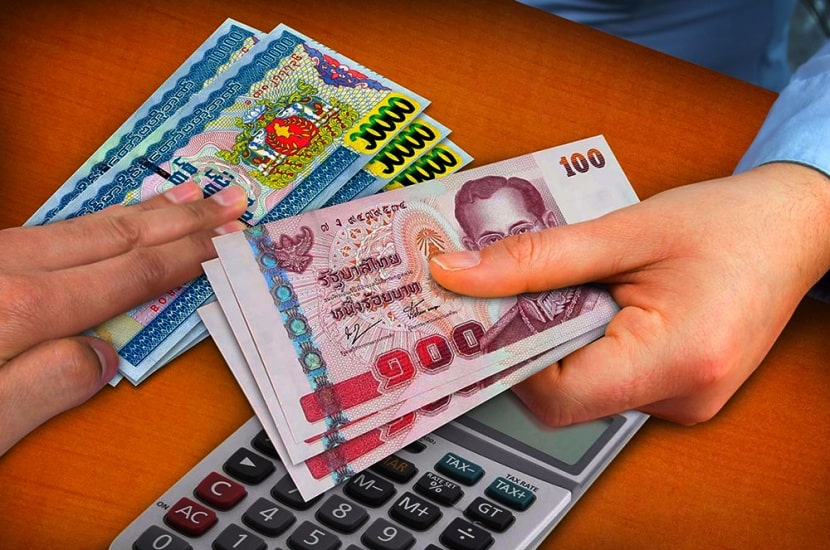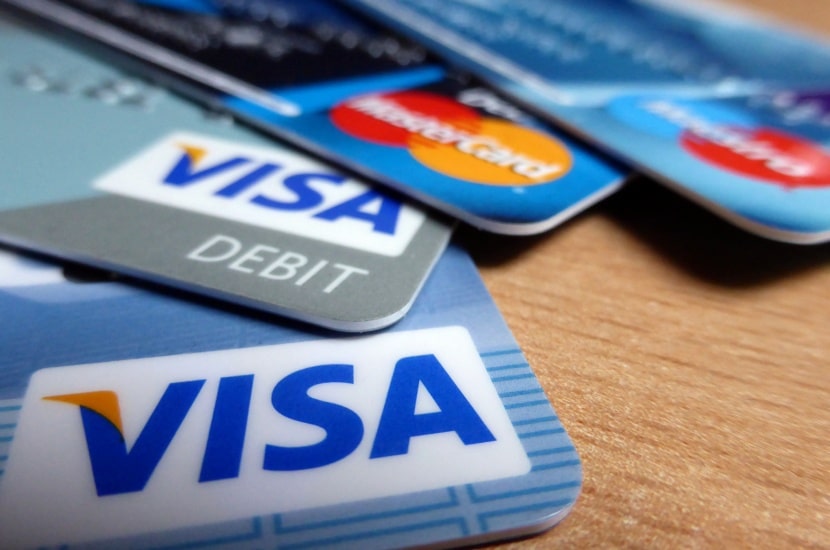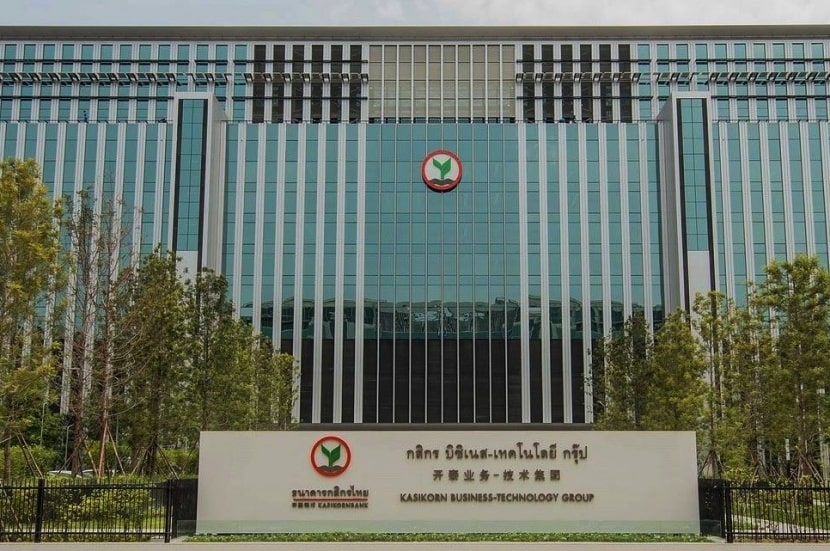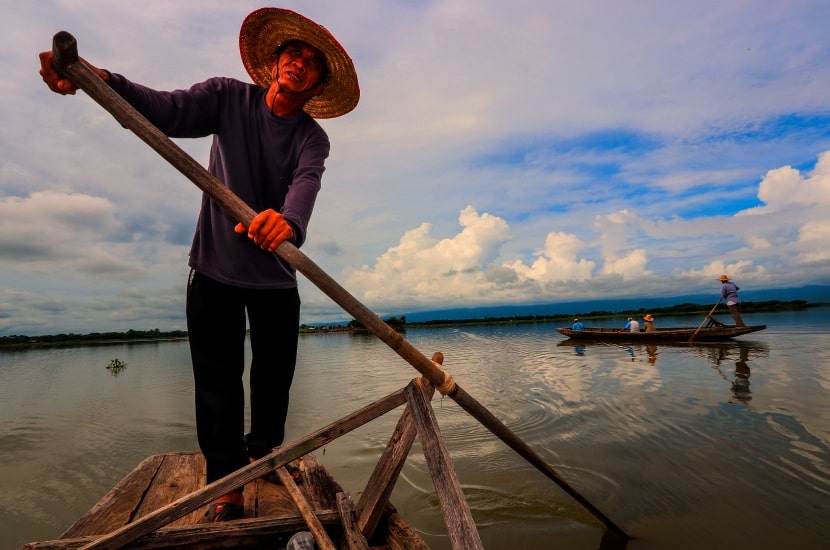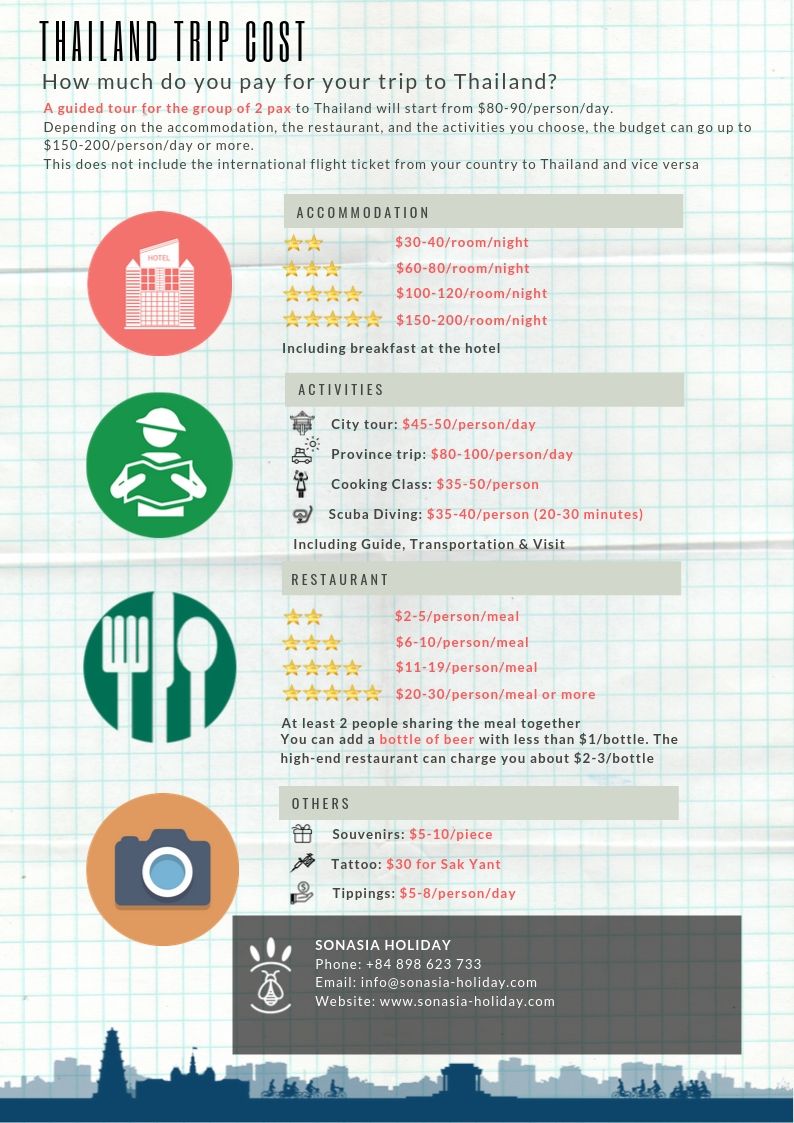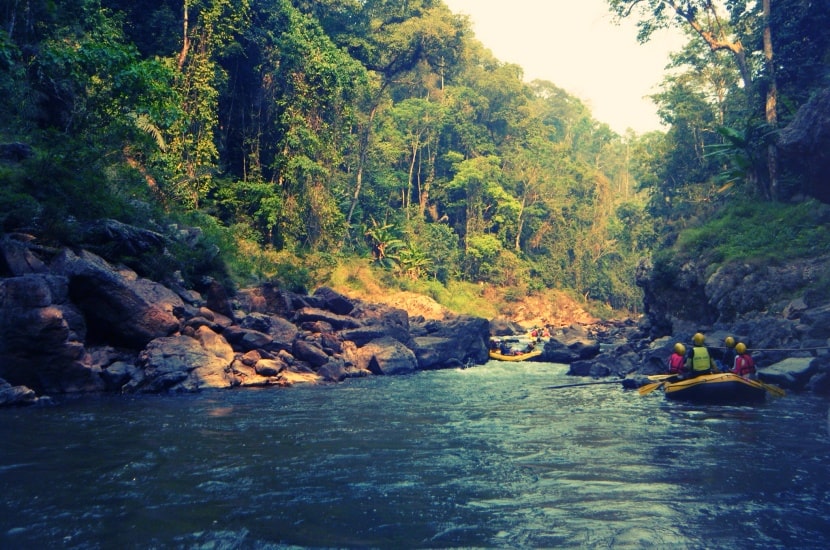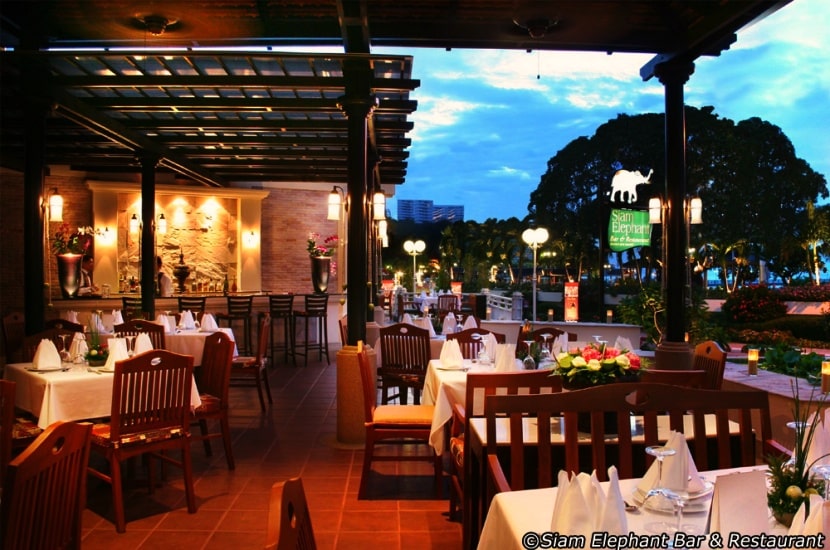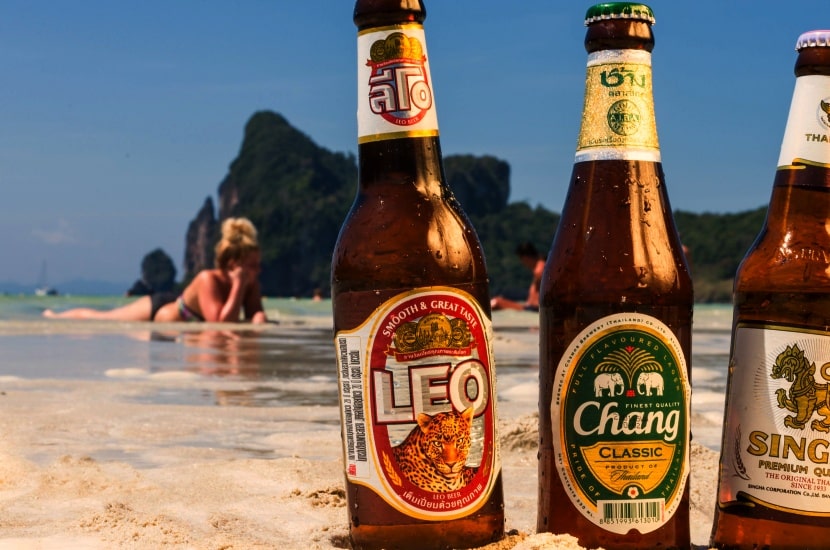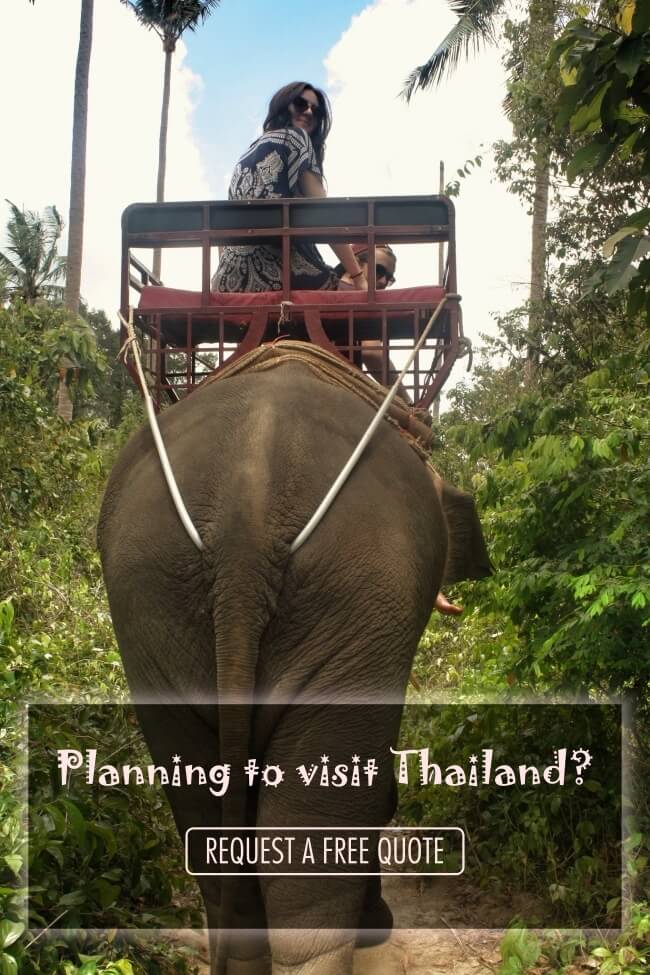Q. How much does it cost to live in Thailand?
According to International Living, the monthly budget for a single expat living in Thailand is about $1,596 to 1,914. Here is the expense breakdown:
| Expense |
U.S. $ |
| Rent (furnished, two-bedroom condo or house) |
$640 |
| High-speed Internet |
$32 |
| Cable TV (top-of-the-line package) |
$64 |
| Electricity (constant AC) |
$106 |
| Phone (basic cell phone data plan) |
$21 |
| Water |
$11 |
| Groceries/wine/beer |
$319-$531 |
| Entertainment (dining out and other activities) |
$106-$212 |
| House cleaner (once a week) |
$64 |
| Healthcare |
$21 |
| Visa Maintenance |
$32 |
| Transportation (maintenance and fuel for 150cc scooter) |
$21 |
| Incidentals |
$159 |
| Monthly total |
$1,596-$1,914 |
Q. Do you need to tip in Thailand?
Tipping is NOT customary in Thailand, there is absolutely NO mandatory requirement to tip anyone, but small gratuities for great service are very much appreciated.
Unlike some other parts of the world, you will never see a Thai service provider with his hand out waiting for a tip.
When you consider that the average Thai person earns roughly $3,000 per year, then tipping in Thailand can be the difference between just scraping by and being able to live a higher quality of life.
Remember that service staff work long hours with few breaks, and they almost always manage to keep a positive demeanor about them.
If you receive delicious food or stellar service—which is so common in Thailand—then showing your appreciation with a small tip can have a big impact in the long run.
If you do tip in Thailand because of the service staff, try to give your server the money directly. If you give it to a manager or leave it on the card, your server may not receive it.
Tipping in Thailand does not have the infrastructure to dispense tips the way they are so often dispensed in tipping cultures.
Establishments in Thailand do not have a culture of counting tips and redistributing them at the end of the shift between both front and back of the house.
Here is our guide for Tipping custom in Thailand
Q. How to haggle in Thailand?
The most important thing to remember when you are dealing with shopkeepers and stallholders in Thailand is to smile. It might sound trite, but the smile is one of the most important parts of getting a good deal when you are shopping in Thailand. Smiling establishes good intent and even if you don’t end up agreeing a price or buying anything, if it’s all done with a smile nobody loses face. An aggressive, confrontational approach is not the way to bargain in Thailand.
Here is our Shopping guide in Thailand
Q. When is the cheapest time to fly to Thailand?
You'll find the cheapest flights to Thailand from May until October, which happily covers the school holidays. This does come at a price, however – the southwestern monsoon rolls in from mid-June and sticks around for the whole summer.

Q. How much does the massage in Thailand cost?
This will depend on the type of massage that you request. Massages cost between 200 baht ($7) an hour for a Thai massage to 500 baht ($18) for a Body Scrub Massage.
Q. Is Thailand safe to visit?
Thailand is generally a safe country to visit, but it's smart to exercise caution, especially when it comes to dealing with strangers (both Thai and foreigners) and travelling alone.
- Assault of travellers is relatively rare in Thailand, but it does happen.
- Possession of drugs can result in a year or more of prison time. Drug smuggling carries considerably higher penalties, including execution.
- Disregard all offers of free shopping or sightseeing help from strangers. These are scams that invariably take a commission from your purchases.
Check out all the safety and precaution notices in Thailand here
